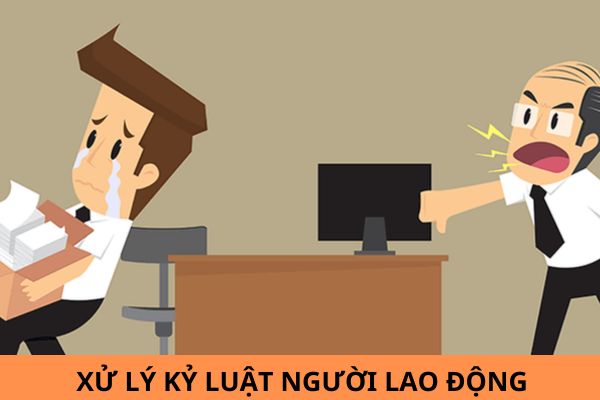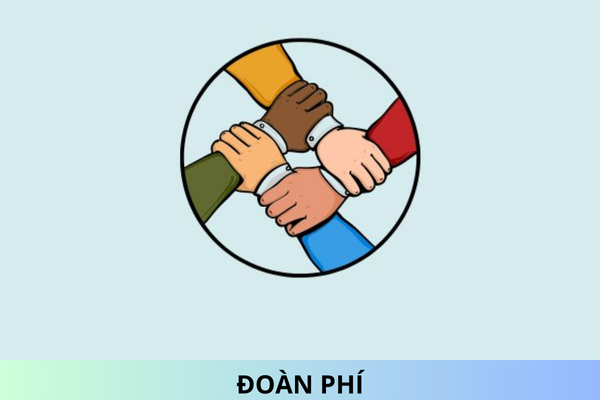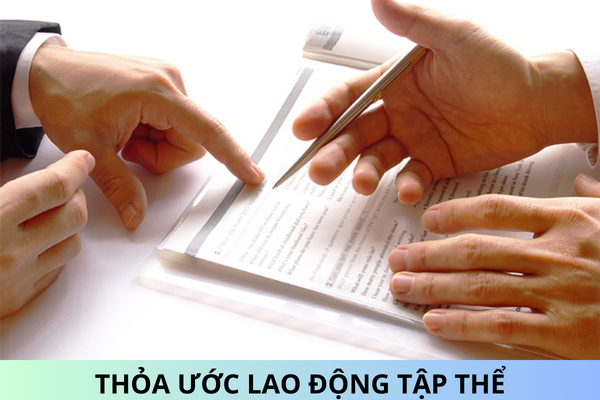When is Disciplinary Action Against Employees Prohibited? Is Deducting Wages Allowed Instead of Disciplinary Action?
Can salary be cut instead of disciplining an employee?
According to Article 127 of the Labor Code 2019, the following acts are prohibited when disciplining an employee:
Prohibited acts when disciplining employees
Violating the employee's health, honor, life, reputation, and dignity.
Fining or cutting salaries instead of disciplining employees.
Disciplining employees for violations not specified in the labor regulations, or not agreed upon in the labor contract, or not prescribed by labor law.
According to the above regulation, fining or cutting salaries instead of disciplining an employee is one of the prohibited acts. Therefore, salary cannot be cut instead of disciplining an employee.
When is it prohibited to discipline employees?
According to Clause 4, Article 122 of the Labor Code 2019, the principles, sequence, and procedures for disciplining employees are as follows:
Principles, sequence, and procedures for disciplining employees
...
- Employees cannot be disciplined during the following times:
a) Sick leave, convalescence; leaving work with the employer's consent;
b) Being temporarily detained or arrested;
c) Awaiting the results of an investigation and conclusion by a competent authority regarding the violations prescribed in Clauses 1 and 2 of Article 125 of this Code;
d) Female employees who are pregnant; employees on maternity leave or raising a child under 12 months of age.
Employees cannot be disciplined for labor violations if they have a mental illness or another illness that causes a loss of cognitive or control abilities.
The Government of Vietnam prescribes the sequence and procedures for disciplining employees.
Thus, employers cannot discipline employees in the following cases:
- Sick leave, convalescence; leaving work with the employer's consent;
- Being temporarily detained or arrested;
- Awaiting the results of an investigation and conclusion by a competent authority regarding the following violations:
+ Employees who commit acts of theft, embezzlement, gambling, intentional injury, or drug use in the workplace;
+ Disclosure of business secrets, technological secrets, infringement of intellectual property rights of the employer, causing serious damage or threatening to cause particularly serious damage to the employer's property or interests;
+ Sexual harassment in the workplace as prescribed in the internal labor regulations;
- Female employees who are pregnant; employees on maternity leave or raising a child under 12 months of age.

When is it prohibited to discipline employees? Can salary be cut instead of disciplining employees? (Image from the Internet)
In what cases can dismissal be applied as a disciplinary measure?
According to Article 125 of the Labor Code 2019, dismissal can be applied in the following cases:
- Employees who commit acts of theft, embezzlement, gambling, intentional injury, or drug use in the workplace;
- Employees who disclose business secrets, technological secrets, infringe on intellectual property rights of the employer, cause serious damage or threaten to cause particularly serious damage to the employer's property or interests, or commit sexual harassment in the workplace as prescribed in the internal labor regulations;
- Employees who are subject to disciplinary measures of salary increase prolongation or demotion and re-offend during the unexpired disciplinary period. Re-offending refers to repeating the violation for which the employee has been disciplined and the disciplinary measure has not been lifted yet;
- Employees who voluntarily leave work for a total of 5 days within 30 days or 20 days within 365 days from the first voluntary leave without a valid reason.
The valid reasons include natural disasters, fires, personal or family member illness confirmed by a competent medical establishment, and other cases prescribed in the internal labor regulations.










